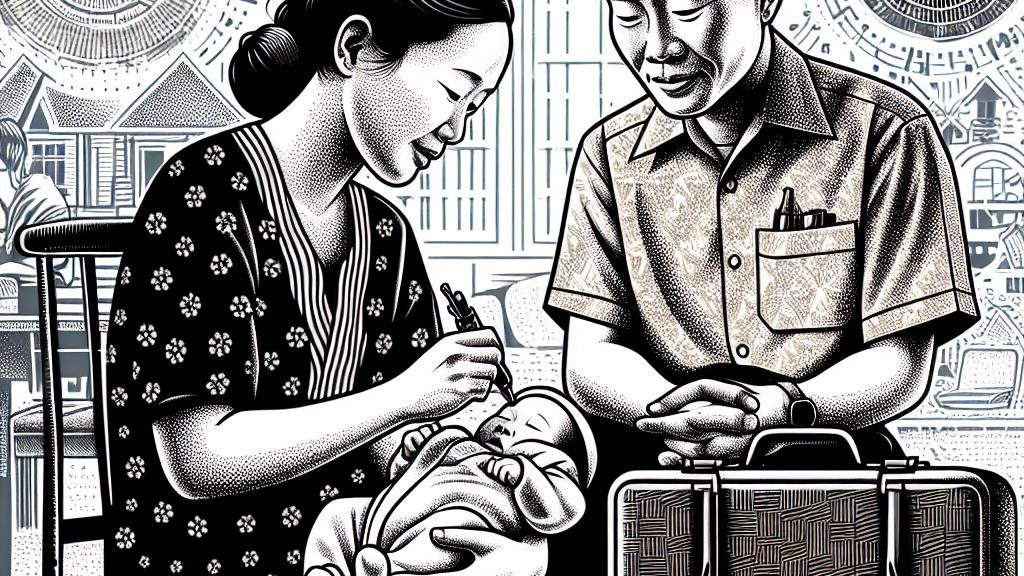From Newborn Woes to Lifelong Regrets: The Story of Postpartum Grievances
Overview
- Postpartum grievances frequently emerge from imbalanced parenting roles.
- Cultural expectations heavily influence perceptions of motherhood and fatherhood.
- Open dialogues can significantly reduce long-term resentment between partners.

Root Causes of Postpartum Grievances
Postpartum grievances are a pressing issue for many families in Japan, emerging from disparities in expectational roles between mothers and fathers. Mothers often perceive themselves as the primary caregivers, taking on the majority of childcare tasks, while fathers see their contribution primarily as financial support. This divide can lead to overwhelming feelings of isolation and frustration among new mothers, who might feel their sacrifices go unrecognized. Addressing these challenges through candid conversations about gender roles and responsibilities can foster a shared parenting approach, creating a more supportive atmosphere for both partners as they navigate the complexities of parenthood.
Cultural Factors Influencing Parenting Dynamics
Cultural attitudes in Japan play a crucial role in shaping parenting behaviors and expectations. Research shows stark differences in the time spent on household labor: while mothers average over 200 minutes per day on childcare, fathers contribute merely 40 minutes. Such systemic inequality reinforces the notion that caregiving is solely a mother's duty, compounding feelings of resentment and undervaluation. In contrast, countries with diverse support systems—including community programs and family involvement—tend to alleviate pressure on mothers, leading to healthier family dynamics. By comparing these cultural frameworks, Japanese families can identify strategies to improve the distribution of parental responsibilities.
Strategies for Alleviating Resentment
To mitigate the occurrence of postpartum grievances, establishing robust communication channels between partners is vital. Regular discussions about each individual's feelings, needs, and experiences can help bridge gaps in understanding and expectations. Acknowledging and dismantling the 'three-year myth'—the belief that mothers must raise children alone until they reach a specific age—is essential for promoting shared responsibilities. Encouraging fathers to take an active role in caregiving—from diaper changes to playtime—can not only enhance parent-child bonds but also foster mutual respect between partners. As families cultivate these supportive dynamics, they pave the way for healthier relationships and happier, more resilient children.

Loading...